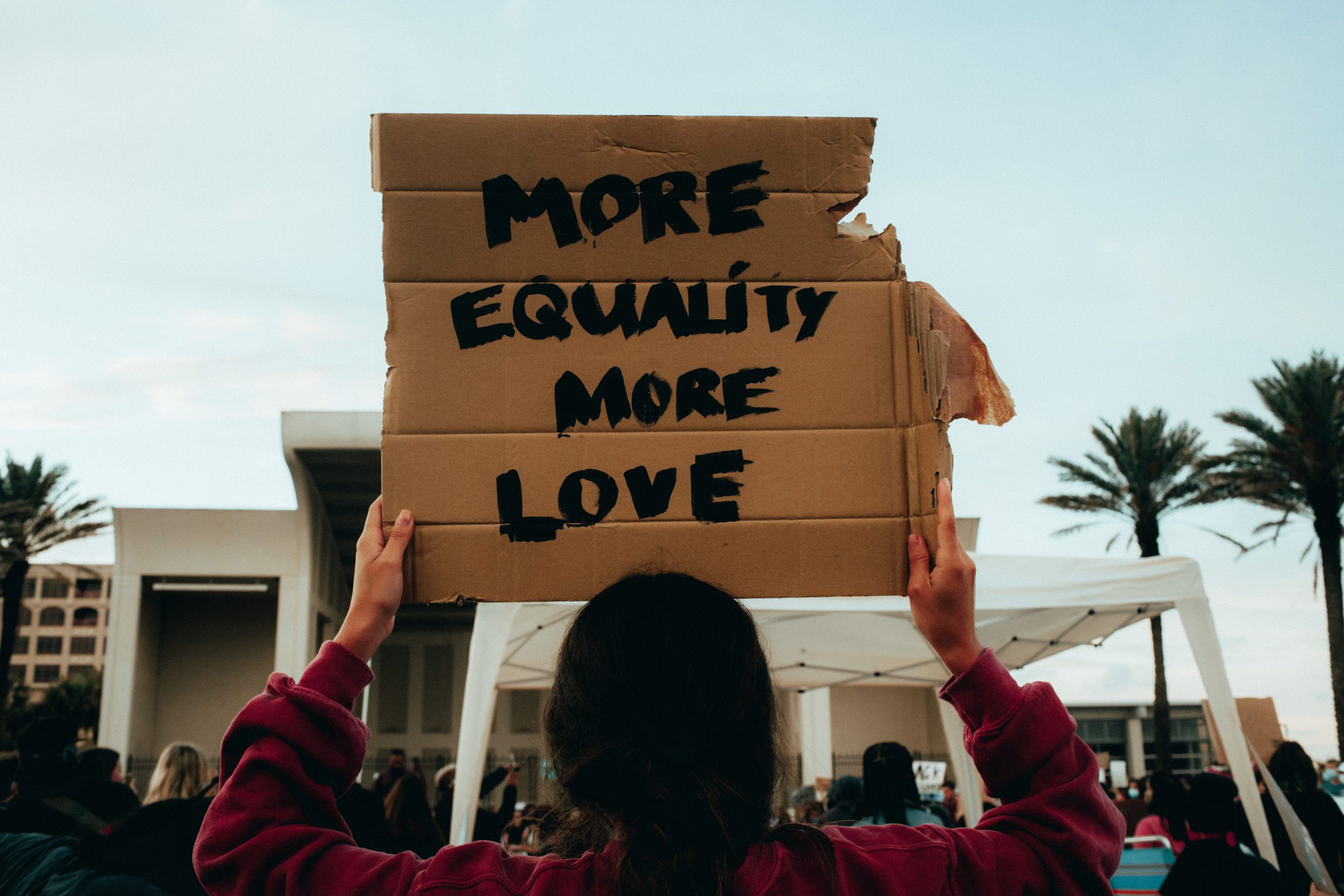Search results
57 results found.
57 results found.

Public health is “the science and art of preventing disease, prolonging life and promoting human health through organized efforts and informed choices of society, organizations, public and private, communities and individuals.” Analyzing the health of a population and the threats it faces is the basis for public health. Public health professionals work to prevent problems from happening or recurring through implementing educational programs, recommending policies, administering services, and conducting research. Public health also works to limit health disparities by promoting healthcare equity, quality, and accessibility. You can look at public health narrowed down to any population — from a neighborhood, […]

Patient safety is about preventing and reducing harmful medical incidents that lead to adverse effects. Studies suggest that as many as 400,000 deaths occur in the United States each year as a result of errors or preventable harm. While not every case of harm results in death, they can cause a long-term impact on the patient’s physical health, emotional health, financial well-being, or family relationships. Preventable harm is expected to cost the U.S. and European healthcare systems $383.7 billion by 2022. The bulk of these costs are directly associated with additional medical expenses, followed by increased mortality rates and loss […]

We are a few short weeks away from the beginning of spring in the United States, when more than 50 million Americans may be affected by seasonal allergies. Allergies are one of the most common chronic illnesses. An allergy occurs when the body’s immune system sees a substance (referred to as an allergen) as harmful and overreacts to it. Allergies affect as many as 30% of adults and 40% of children in the U.S. The most common allergy symptoms make you uncomfortable, while others can be life-threatening. Allergens can be inhaled into your nose and lungs, ingested through the […]

Social justice is the concept that all individuals deserve equal rights and opportunities — including the right to health. Inequities remain in healthcare that are avoidable, unnecessary, and unjust. These inequities are the result of established policies and practices that maintain an unequal concentration of money, power, resources, and perceived value within society among communities based on gender, age, race, ethnicity, religion, culture, country of origin, or disability. Racism, homophobia/transphobia, and misogyny are all insidious forms of bigotry that have long-reaching effects into healthcare. The COVID-19 pandemic has exposed and exacerbated the inequities in American healthcare. Long-standing systemic health […]

Heart disease is the leading cause of death for men and women, affecting Americans of all backgrounds. In the United States, someone has a heart attack every 40 seconds and someone dies from heart-disease related causes every minute. One out of every four deaths in the United States is from heart disease. Coronary heart disease alone costs the United States over $200 billion each year in healthcare costs, medications, and lost productivity. There are a number of risk factors for heart disease. High blood pressure, high LDL cholesterol, and smoking are major risk factors for one’s heart health. Almost […]